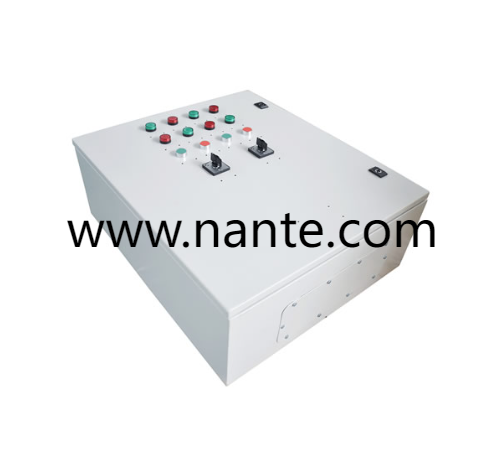In the rapidly evolving landscape of digital manufacturing, where technology and industry intertwine, the industrial socket box serves as a crucial yet often overlooked component. As factories become smarter and more connected, the role of these units extends beyond mere power distribution. They become vital links in the chain that connects machinery, enhances safety, and supports the seamless integration of digital systems.
Engineered units are designed to accommodate various plug types and voltage levels. This versatility makes them suitable for diverse equipment and machinery, allowing users to connect multiple devices seamlessly. Whether in manufacturing, construction, or warehousing, these systems meet various power needs without requiring multiple installations. Imagine a factory floor where different machines, each with unique power requirements, can all be powered through a single, well-designed connectivity hub. This not only simplifies the electrical setup but also reduces the potential for wiring errors and enhances overall safety.
Speaking of safety, in the digital manufacturing era, where precision and reliability are paramount, the enhanced safeguards of these components become even more critical. Features such as overload protection, short-circuit prevention, and surge suppression mitigate equipment damage and reduce electrical hazards. These measures ensure that sophisticated machinery and automated systems operate without interruption. A momentary power issue could halt production lines and disrupt data flows, but with reliable connectivity solutions in place, such risks are minimized.
Moreover, the durable construction of these systems is essential in harsh industrial environments. Dust, moisture, and temperature fluctuations are common in manufacturing facilities, and the robust materials used in their design ensure longevity and consistent performance. This resilience is crucial because downtime for maintenance or repairs can have cascading effects in highly integrated digital operations.
In the context of digital manufacturing, these modular units also contribute to broader goals of efficiency and sustainability. By providing cost-effective power distribution, they help businesses optimize electrical infrastructure without compromising budgets. Compact designs further support space efficiency, which is vital in modern facilities where every square foot is maximized for productivity.
Looking to the future, as digital manufacturing advances with IoT and smart factories, industrial socket boxes will play an increasingly pivotal role. They will evolve to accommodate growing numbers of connected devices and higher power demands. Manufacturers like those at www.nante.com are pioneering this evolution, developing solutions that meet current needs while anticipating tomorrow’s challenges.

